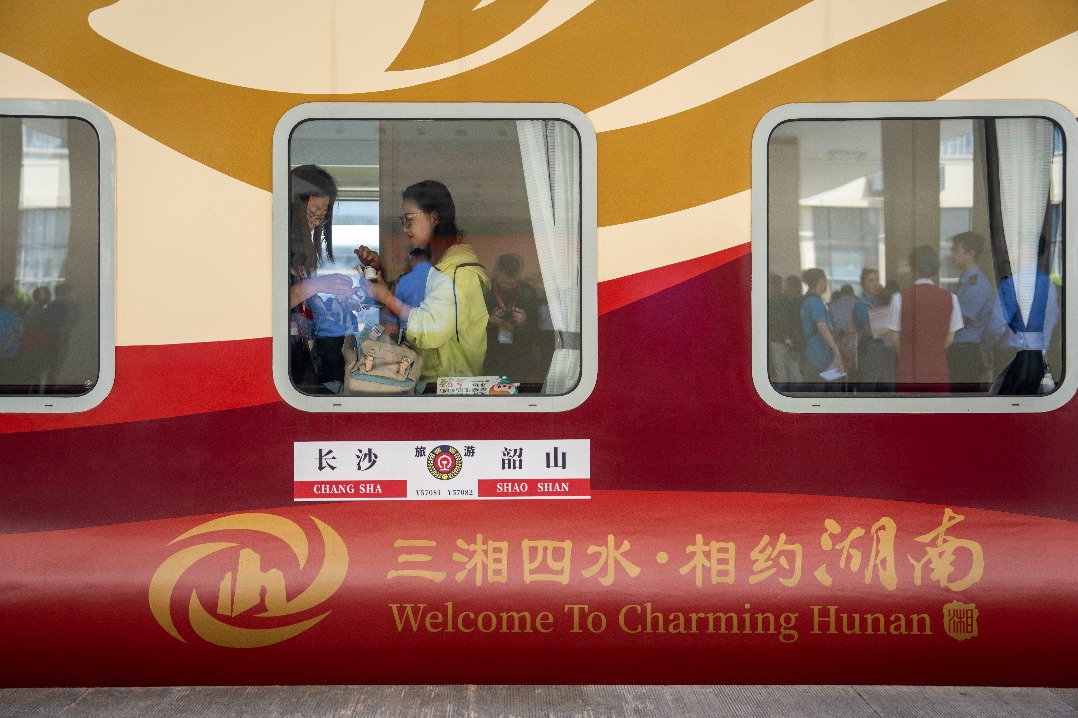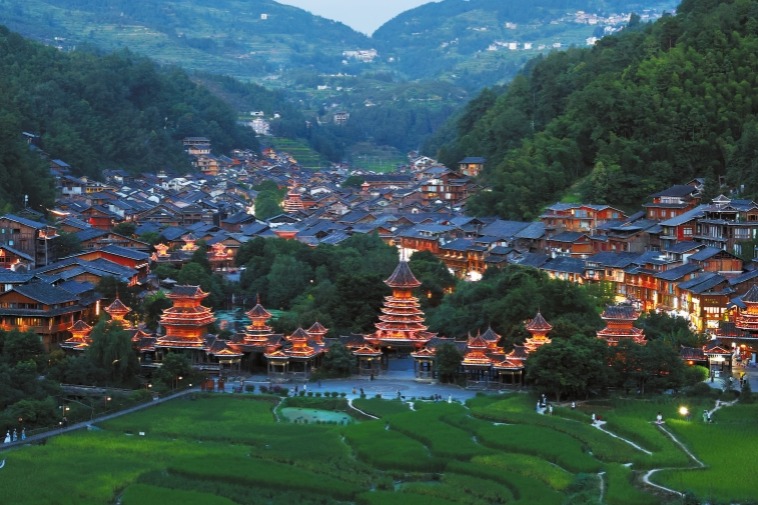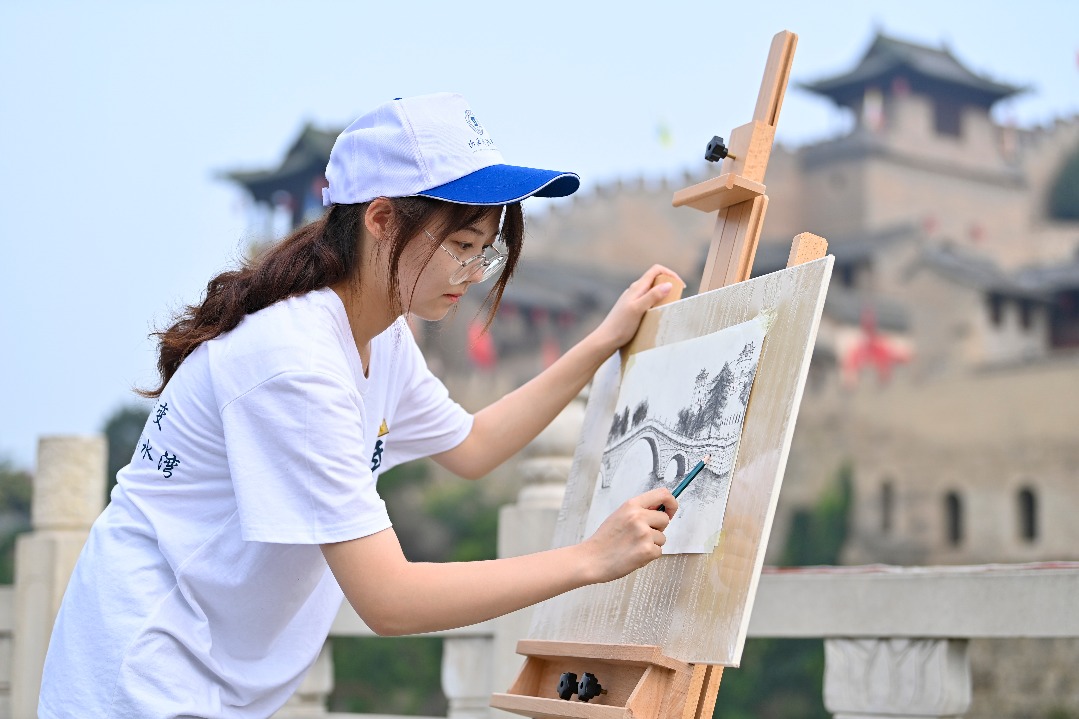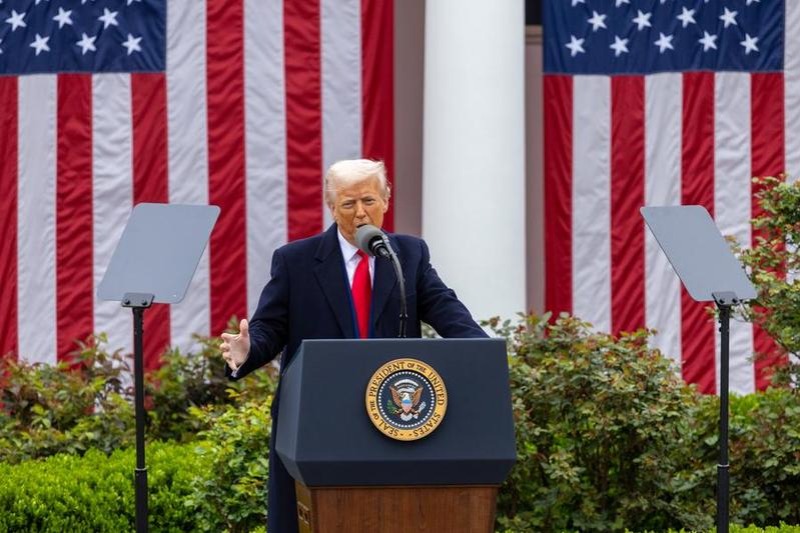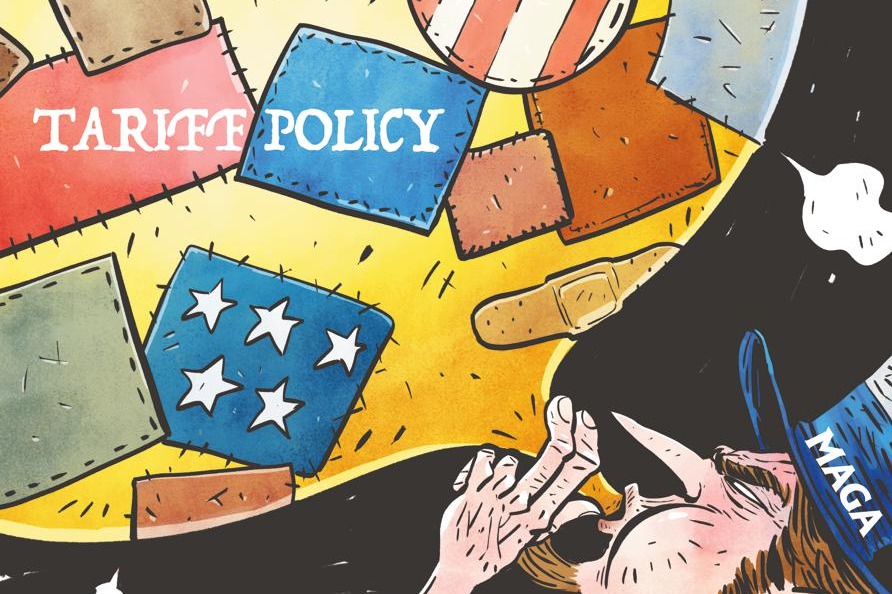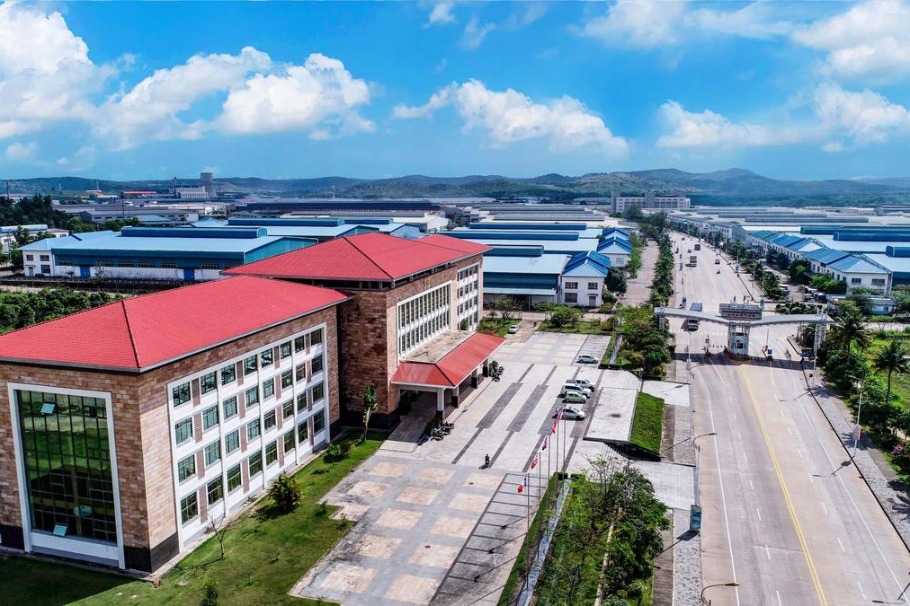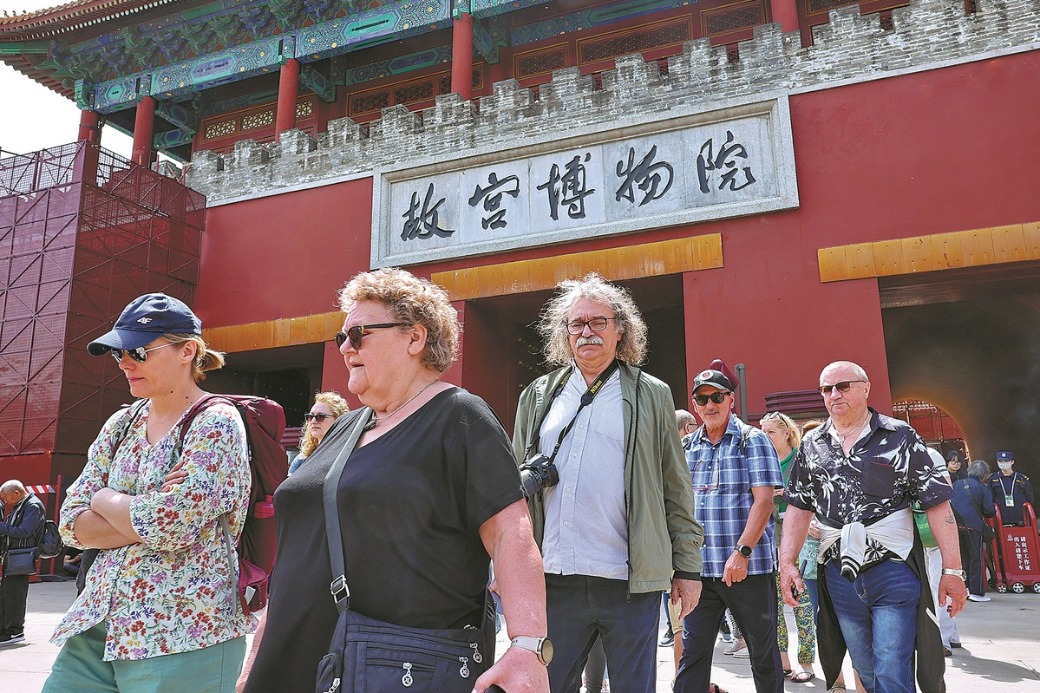Cutting the strings
African countries no longer willing to let West call the shots for them


African countries no longer willing to let West call the shots for them
In 2022, African countries withstood the tests from internal and external factors and maintained overall peace and development. This year, African countries will seek to maintain the momentum for peace and development despite the possibility of more turmoil, and their prospects for development are worth looking forward to.
The possibility of political and security turbulence in Africa is rising, but the African Union and regional organizations are also making every effort to maintain peace.
First, the presidential and parliamentary elections under multi-party democracies are important windows for observing political trends in Africa. This year, 17 African countries will hold presidential and parliamentary elections. Among them, Nigeria, the Democratic Republic of the Congo, Libya, Mali, Zimbabwe and other countries that have experienced election disputes deserve high attention. If elections in these countries can be held smoothly, peace and stability will remain the overarching theme for political development in Africa. Otherwise, large-scale turmoil could be triggered. Second, whether regional hotspot issues can cool down will have a major impact on the political situation in Africa. It requires stronger efforts by governments and regional organizations in Africa to move forward the political transition process in Mali, Guinea, Burkina Faso and Chad — countries where coups took place — as well as the peace process in Ethiopia and situation in the eastern part of the DRC. Third, issues such as the Russia-Ukraine conflict, new variants of the coronavirus, terrorism, and food security will continue to affect politics through their impacts on the economy, society, and people's well-being, thereby aggravating the turmoil on the African continent.
In the face of potential chaos in Africa's political and security fields, the African Union and regional organizations will respond to challenges. The AU will focus on hot issues in the political, economic and security fields by holding a leaders' summit, and charting the general direction of Africa's development. The bloc will continue to seek settlements to the internal conflict in Ethiopia and promote the reaching of a peace agreement. It will also unite African sub-regional organizations to actively intervene in issues in the eastern DRC and the peace process of countries where coups have taken place, and continue to play an important role in restoring constitutional order and containing terrorism.
Africa's economic growth is slow and unstable, but there is resilience in its development.
Despite all the turbulence in the international economic landscape, the African continent is endowed with advantages in natural resources, an ever-expanding market and a vibrant demographic structure, as well as huge potential that can be unleashed by the digital economy and green transformation. In the context of a potential global economic slowdown this year, the resource-intensive and major commodity exporters in Africa will face the challenge of weakening market demand. However, with the increasingly fierce international competition for Africa's key mineral resources, the export prices for related resource products will remain high, which will help African resource-rich countries increase their export revenue and attract foreign direct investment. Since many African countries have adopted tightening monetary policies, their inflation rates will go down, but they will still face relatively high pressure trying to maintain stable commodity prices. The financing costs in some African countries will rise sharply. This year the African economy will still face the challenges from unstable supply chains, pressure from the repayment of huge debts, instability caused by election cycles, geopolitics and wars, and food insecurity caused by unfavorable weather conditions. To this end, The Economist predicts that Africa's overall economic growth rate will be 3.2 percent this year. Most African countries are expected to maintain growth, but the actual GDP growth rate of each country will be quite different, and the development trends for African countries will diversify.
Relations between major countries and Africa have been further deepened. Africa has developed a stronger awareness of independent development and greater ability to resist outside pressure. China-Africa relations are expected to reach a new level.
Following the release of its Strategy Toward Sub-Saharan Africa in August 2022, the Joe Biden administration made multiple commitments and launched a series of new measures to counterbalance China at the US-Africa Leaders Summit in December. It highlighted the deepening of the United States' partnerships with African governments and non-governmental organizations, and followed China in expressing support for the accession of the African Union to the G20. The intention of France and Japan to compete with China and Russia is also more than obvious. French President Emmanuel Macron visited Africa twice, blaming the Russia-Ukraine conflict for undermining Africa's food and energy security and trying to seek Algeria's energy support so that Western countries can have more confidence in imposing sanctions against Russia. At the eighth Tokyo International Conference on African Development, Japan alluded to China-Africa relations and attacked China's model of economic cooperation with Africa. Japan also took advantage of the meeting to join the other G7 countries in isolating Russia. It blamed Russia's special military operation for skyrocketing food, fertilizer and energy prices and affecting the quality of life of the African people. In the face of the containment from the US and other Western countries, Russia is also competing with Western countries for support from Africa, and the nation is deeply involved in the anti-terrorism operations in Mali, West Africa. Moscow plans to hold a Russia-Africa summit in 2023 to comprehensively deepen Russia-Africa cooperation.
With global powers becoming more deeply involved in African affairs and their competition becoming increasingly fierce, the prospects for China-Africa cooperation are still promising despite a certain degree of disruption.
First of all, African countries have rejected the smearing of China-Africa relations by the US and other Western countries in disregard of facts. This demonstrates the higher level of awareness of independence and self-reliance among African countries and their heightened ability to withstand pressure. South African Minister of International Relations and Cooperation Naledi Pandor said at a joint press conference with US Secretary of State Antony Blinken: "We can't be made party to conflict between China and the United States of America, and I may say it does cause instability for all of us because it affects the global economic system." Macky Sall, president of Senegal and current chairman of the African Union said: "Let no one tell us no, don't work with so-and-so, just work with us. We want to work and trade with everyone." Second, China still has enough confidence in maintaining its leading position in international cooperation with Africa. Although the US is paying more attention to Africa than before, Africa is far from being the priority in Washington's global strategy. There remain differences that are difficult to overcome between the two sides in terms of the US' interference in the affairs of African countries and the actions it is taking to maintain its hegemony. And Africa's fundamental strategic position in China's diplomacy has become increasingly prominent. In particular, China and Africa have deepened their political mutual trust, which sets a solid foundation for mutually beneficial cooperation. China's leading advantages in Africa's trade, investment and infrastructure are irreplaceable in the short term. In the future, China will continue to follow the principles of sincerity, real results, affinity and good faith and a commitment to the greater good and shared interests and benefit, continue to fulfill its commitment to respect Africa and support Africa's development, and give full play to the influence and appeal of the advantages of its national system.
The author is a researcher at the China-Africa Institute and the director of the Center for South African Studies, CASS. The author contributed this article to China Watch, a think tank powered by China Daily. The views do not necessarily reflect those of China Daily.
Contact the editor at editor@chinawatch.cn.
















